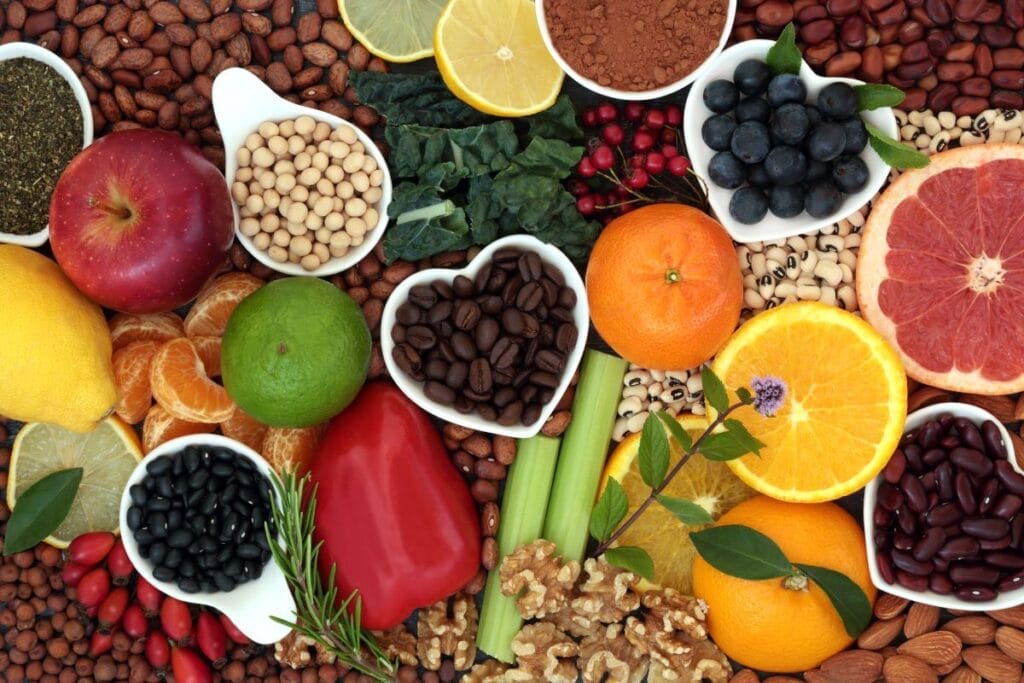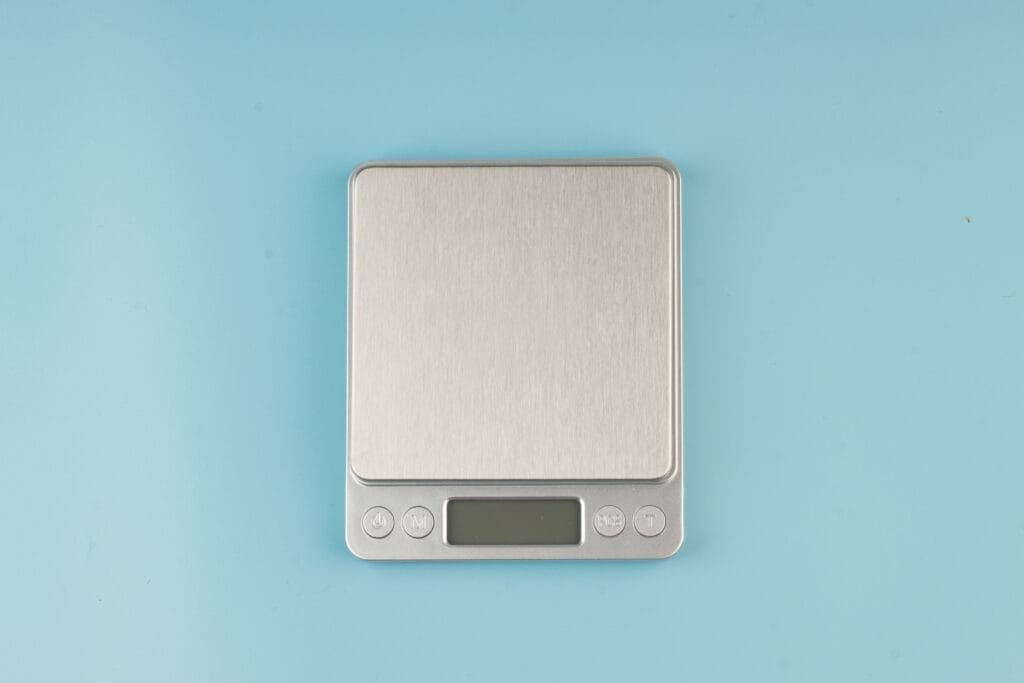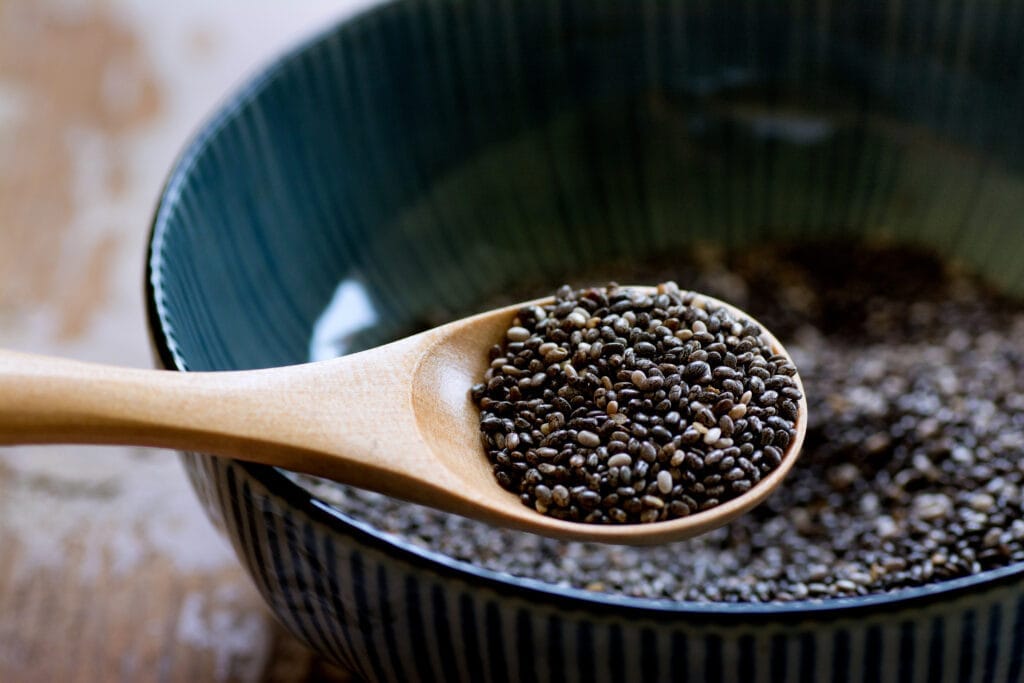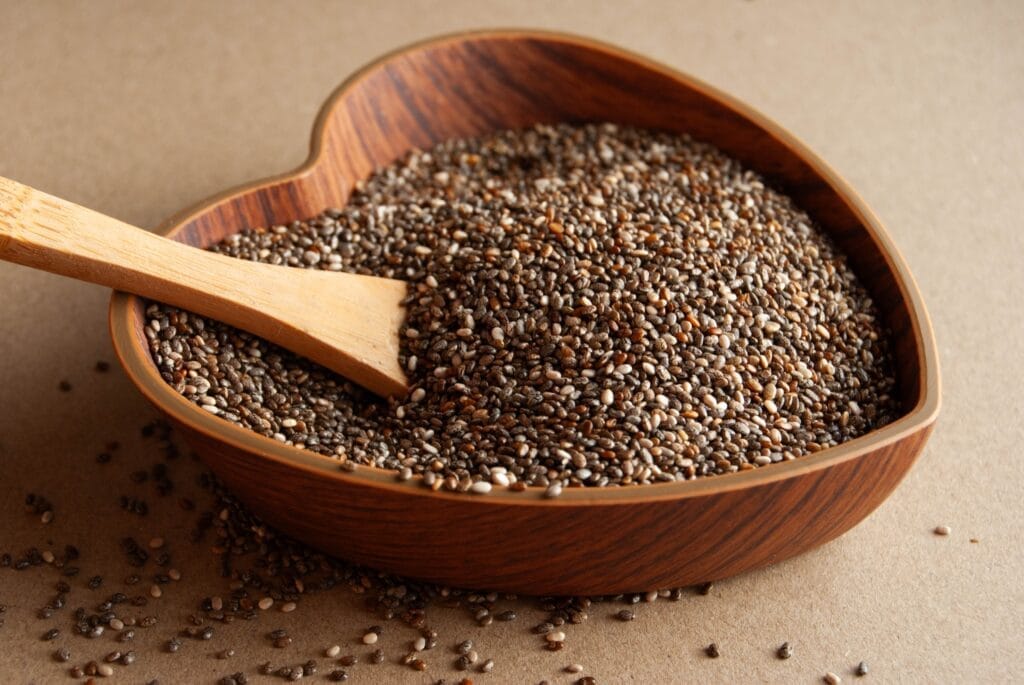Chia seeds have become a staple in kitchens across the world—and for good reason. These tiny seeds are packed with nutrients like omega-3 fatty acids, fiber, and protein, offering a range of potential health benefits and a boost to your energy levels. However, like anything in your diet, there are potential downsides to consider before sprinkling chia seeds onto every meal.
1. High in Fiber

Chia seeds are incredibly high in fiber, which can be both a blessing and a curse. Overeating fiber can lead to bloating, gas, and even constipation in extreme cases.
To avoid digestive discomfort, ensure you’re drinking plenty of water when adding chia seeds to your diet. Start with small amounts and gradually increase your intake.
2. Risk of Allergic Reactions

Though uncommon, some people may experience allergic reactions to chia seeds. If you have allergies to nuts or seeds, consult your doctor before consuming large quantities of chia seeds.
3. Interaction with Medications

Chia seeds can affect how certain medications work. For example, if you’re taking blood thinners, diabetes medication, or medication for high blood pressure, chia seeds may amplify their effects.
Speak with your healthcare provider if you’re on medication and planning to incorporate chia seeds into your routine.
4. Blood-Thinning Properties

While omega-3 fatty acids are typically beneficial, consuming large amounts of them can have a blood-thinning effect.
If you’ve had a blood clot or are taking blood-thinning medication, consult your doctor before eating chia seeds regularly.
5. Recommended Daily Limit

Experts recommend limiting your intake of chia seeds to no more than 15 grams per day.
Additionally, if you’re using them in recipes, chia seeds shouldn’t make up more than 10% of the total weight of the dish.
6. Potential for Constipation

Without enough fluid intake, chia seeds can absorb water in your digestive tract, leading to constipation and other digestive issues.
Always pair chia seeds with sufficient liquids to prevent discomfort.
7. Start Small

If you’re new to chia seeds, begin with small quantities and gradually increase your intake.
This allows your body to adjust to the high fiber content and helps you avoid digestive issues.
8. Consult Your Doctor

If you’re unsure whether chia seeds are right for you or have existing health concerns, it’s best to consult your healthcare provider before making them a regular part of your diet.
A Popular Superfood

Chia seeds have gained widespread popularity as a superfood due to their impressive nutritional profile. They’re a great source of omega-3 fatty acids, protein, and fiber, all of which can support a healthy lifestyle.
However, like any food, moderation is key, and it’s important to consider how they fit into your individual dietary needs.
This article is based on information from Verywell Health and the Danish Food Authority.
